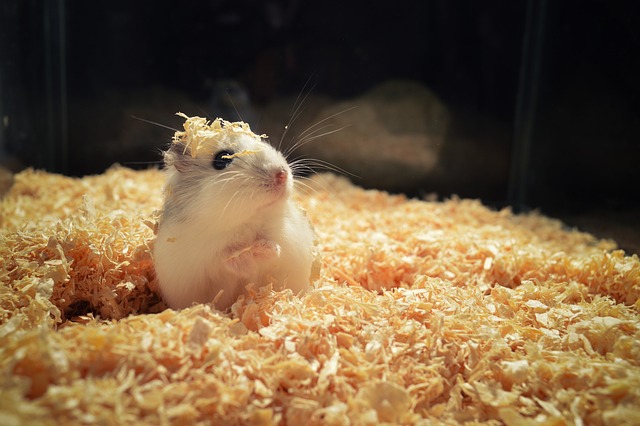The hamster is a popular small mammal kept as a pet, and providing it with a balanced diet is crucial for its health and well-being. A poor diet can lead to a range of problems, including obesity, malnutrition, and even death. In this article, we will explore the different dietary needs of hamsters and provide tips on how to choose the right food for your furry friend.
Hamsters are omnivores, which means they eat both plant-based and animal-based foods. They require a diet rich in protein, fat, and carbohydrates, as well as essential vitamins and minerals. In the wild, hamsters would typically eat insects, seeds, fruits, and vegetation. However, when keeping hamsters as pets, it’s difficult to replicate their natural diet exactly.
Here are some key points to consider when choosing a diet for your hamster:
- A high-quality commercial hamster food should be the main staple of your hamster’s diet. Look for a food that is specifically formulated for hamsters and contains a mix of grains, seeds, fruits, and vegetables.
- A hamster’s nutritional needs change as they grow and mature. Baby hamsters require more protein and fat than adult hamsters, so make sure to provide a diet that meets their specific needs.
- Hamsters are prone to obesity, so it’s essential to monitor their food intake and ensure they are not overeating.
- A variety of fresh fruits and vegetables can be given as treats or added to your hamster’s regular diet. However, make sure to introduce new foods gradually to prevent digestive upset.
- Hamsters have different nutritional needs at different stages of their lives. For example, pregnant or nursing female hamsters require more calories and protein than non-pregnant females.
Here are some steps you can follow to choose the right diet for your hamster:
- Consult with a veterinarian or pet care professional to determine the best diet for your hamster based on its age, size, and health status.
- Choose a high-quality commercial hamster food that meets your hamster’s nutritional needs.
- Supplement your hamster’s diet with fresh fruits and vegetables as treats or additions to their regular diet.
- Monitor your hamster’s weight and adjust their food intake accordingly to prevent obesity.
In addition to the above points, here are some general tips for choosing a diet for your hamster:
- Avoid giving your hamster foods that are high in sugar, salt, or fat, such as chocolate, candy, or processed meats.
- Choose foods that are rich in fiber and nutrients, such as whole grains, fruits, and vegetables.
- Avoid overfeeding your hamster, as this can lead to obesity and a range of other health problems.
In conclusion, choosing the right diet for your hamster is crucial for its health and well-being. By following the steps outlined above and considering the key points discussed in this article, you can provide your hamster with a balanced and nutritious diet that meets its specific needs.
| Dietary Needs of Hamsters | Understanding the Nutritional Requirements of Your Furry Friend |
| Choosing the Right Food for Your Hamster | A Guide to Selecting a Balanced and Nutritious Diet |
| Hamster Nutrition 101 | Essential Tips and Advice on Feeding Your Hamster |
| Healthy Eating for Hamsters | A Balanced Diet for a Happy and Healthy Hamster |

